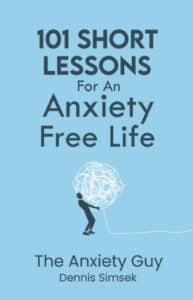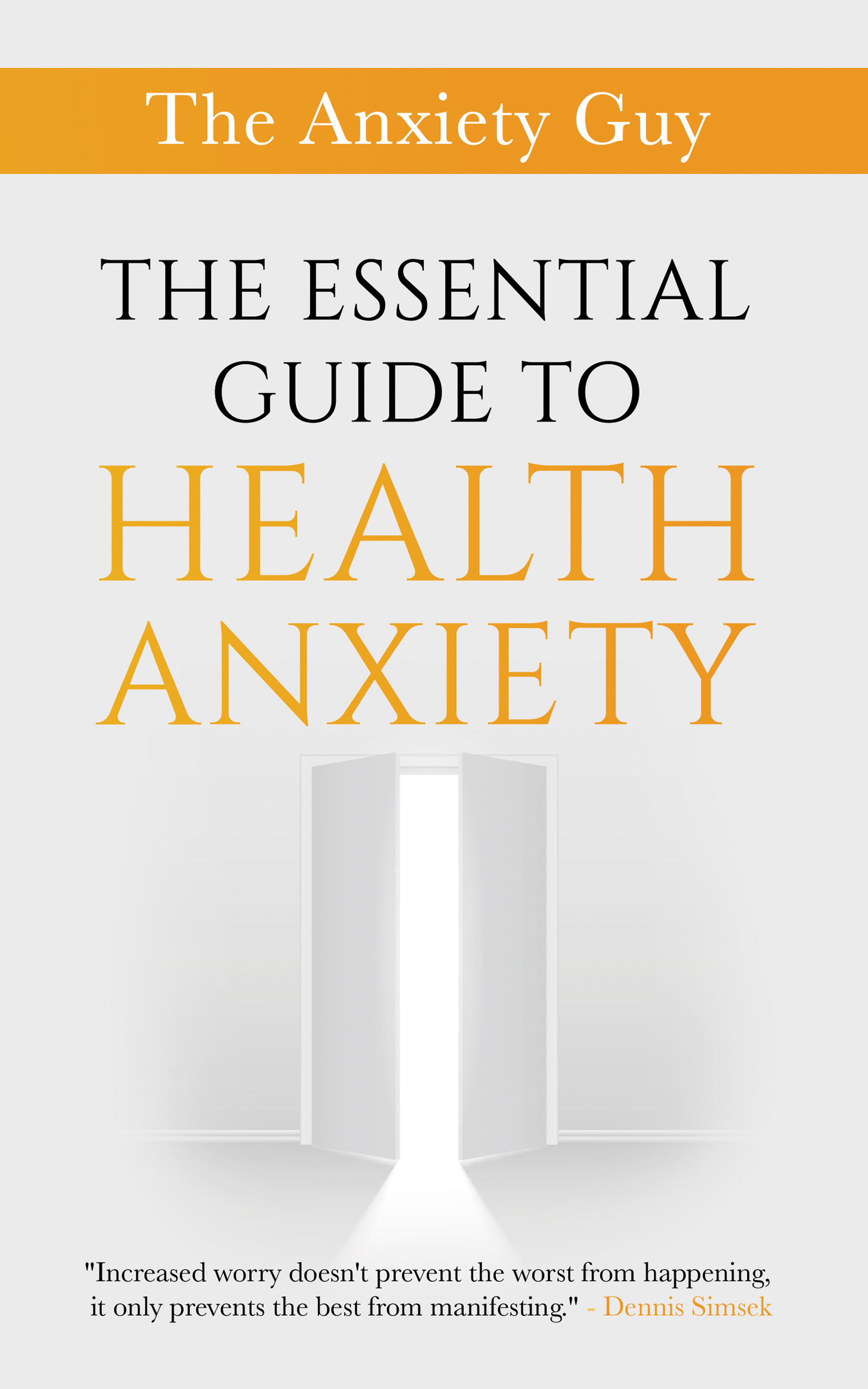Most of the obsessions and compulsions of an OCD patient are baseless as we all know. The challenge is how to combat them. The social stigma attached to mental disorders restrains the people suffering from the illness to come out and discuss their fears. This prohibits their urge to take certain actions which they believe would relieve them from the anxiety which is aroused by these sights images or even thoughts. Such people should be made aware about the complexities and the problem must be controlled at the initial stages.
There are many therapies available which are effective in a controlling the OCD. The most effective of the lot has been found to be cognitive behavior therapy. The therapy includes the exposure to the obsessive thoughts and then trying to control the resultant actions. It is possible only when the person makes a commitment to himself. It needs a lot of courage and self-discipline to go through the therapy.
Friends and family members have to be highly supportive and encouraging; one adverse comment would send the person into a state of depression. Praise the person every time he succeeds to control the compulsions. It is important to be very patient with such people. Usually OCD patients try to involve the people around in their actions. Do not get involved in the activities as it would not help them in any way it would only strengthen their fears.
Obsessive-compulsive disorder (OCD) is a mental health condition that causes intrusive and repetitive thoughts, images, or urges. People with OCD may feel the need to perform certain rituals or routines to try to relieve the anxiety caused by these thoughts.
OCD can be a very challenging condition to live with, but there are ways to overcome it naturally. The best approach is usually a combination of self-care strategies, therapy, and lifestyle changes.
Obsessive-compulsive disorder (OCD) is a mental health condition that causes intrusive and unwanted thoughts, feelings, or images (obsessions), and the need to carry out specific rituals or routines (compulsions). It is estimated that 1 in 50 people in the UK will experience OCD at some point in their life.
There is no one-size-fits-all approach to overcoming OCD, as the best way to manage the condition will vary from person to person. However, there are a number of general tips that can help to reduce OCD symptoms and improve quality of life.
There are many who suffered from OCD but now are enjoying their lives. Do not feel discouraged. After hearing about a few cases it would definitely encourage every OCD patient and the family members. They would be reassured that it is possible to get rid of the condition..
Joel was obsessed with the fear that someone would break into his house or the house would catch fire. So he got into the ritualistic pattern of checking and rechecking. By the time he checked the last thing on his list he was in doubt about the first thing that he had
checked.” He now leads a normal life like any other normal man does.
Emma is another person who just came out of OCD.
“Emma touched certain objects or performed certain actions as she feared that her mother would be injured or even die in a car accident. She used to sit and stand a certain number of times, or used to touch some articles repeatedly. She believed that by touching the uniform of the guard she could avert the disaster that would befall on her mother. She once had an urge to touch the notes which she just handed over to the cashier at the cash counter.” The obsession was so much but she was succesful to combat the same with the therapies to fight it.
Conclusion:
The success of the end the anxiety program in overcoming OCD is dependent on the commitment of the patient. There may be opposition to this form of therapy as the patient has to overcome the sky rocketing anxiety by shear will power. Over a period the anxiety starts to reduce. CBT patients learn to manage or handle their OCD problems for the rest of their lives and can lead a normal life.





















Perfectionism is one of the obstacles in OCD .So one of the successful steps is to accept my mistakes and to forgive myself .
In some cases :
OCD is only a repeated thought but no repeated action( e.g. passive self criticism ).
Thanks for sharing your insight Amani 🙂